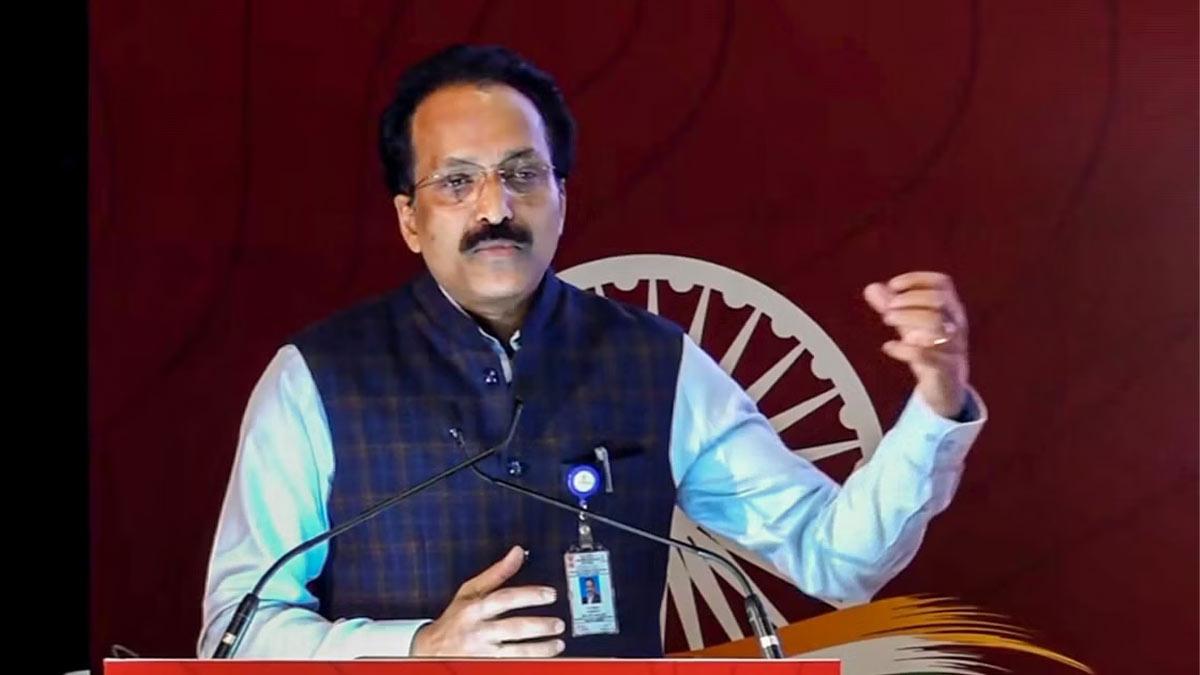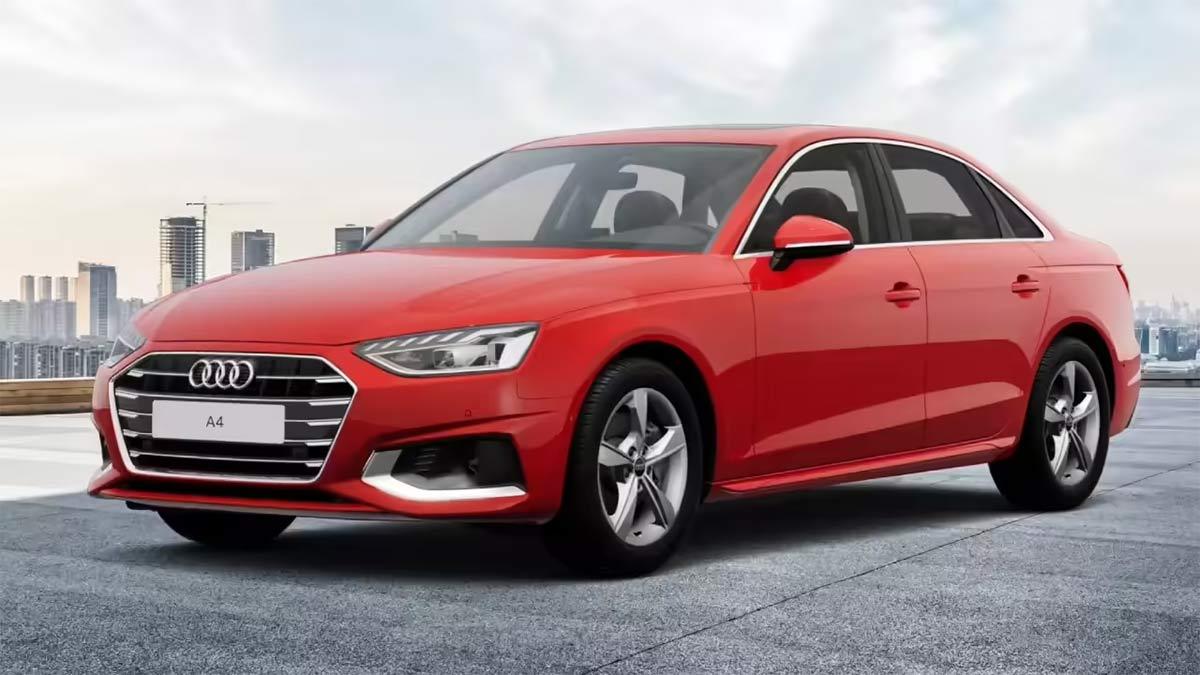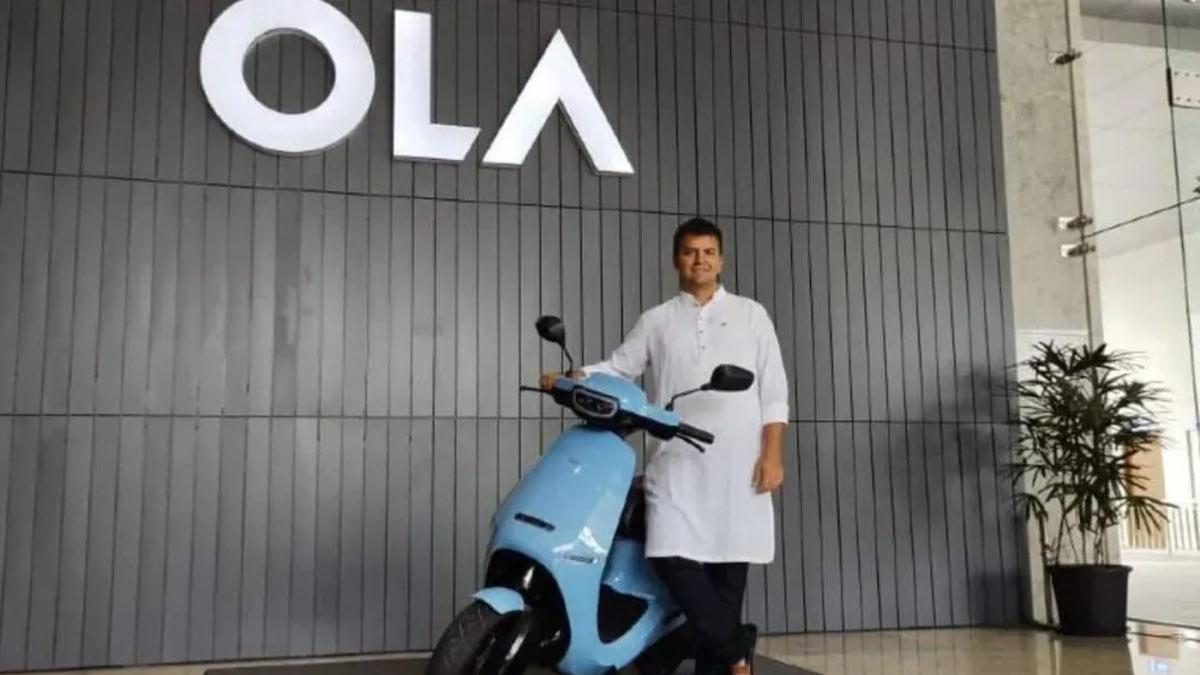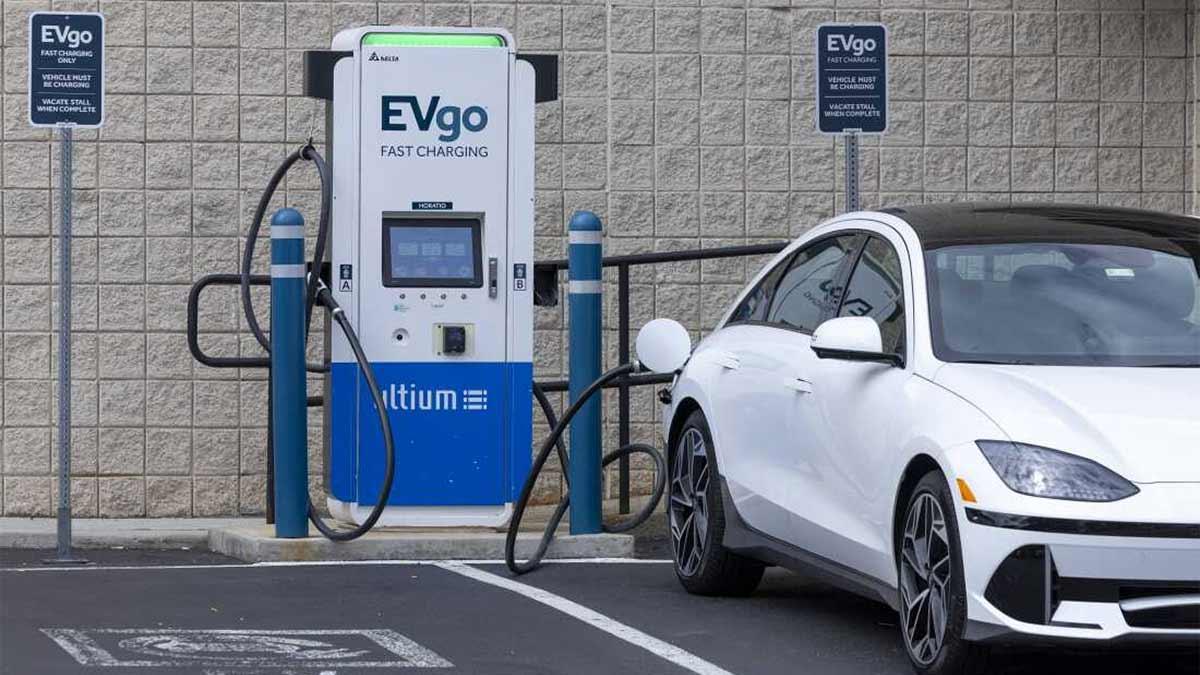ISRO Chairman S Somanath on Wednesday called for indigenous manufacture of car sensors here rather than importing them.
Speaking at a session on space technology and defence during the Bengaluru Tech Summit, which saw the unveiling of the Draft Karnataka Space Tech Policy, the ISRO Chairman said cost-effective production can ensure affordability.
He underscored that though India invests heavily in making rocket sensors, car sensor production is too costly to be made in the country.
"For car sensors, viability is achieved only if costs of production are low and scale up manufacturing," he said.
Somanath urged the industry to work together more closely to mitigate this issue and said that policy interventions such as those announced on Tuesday would help address it.
He welcomed the 2020 space sector reforms and the 2023 Space Policy as a part of the ecosystem that would encourage growth in the private sector.
"There is a lot of interest in the sector. I hear from many aspiring to build the next SpaceX in India," he added.
Somanath made a point on progress by saying that five companies are currently building satellites, and most of them are enhancing their capacity to develop subsystems for rockets and satellites. However, he identified the lack of major players and not enough investment in upstream space capabilities as being quite taxing:.
To this end, we are actually focusing on building downstream capabilities that would generate demand, and eventually attract upstream investments. I believe this model would work well for the nation," he explained.
According to Somanath, technology transfer has been an enabler for the private sector to participate, "Many of the technologies developed within ISRO are now available to industries to take it further into products, services or software." Some others featured in the session were notable speakers such as B K Das, Director General of the Defence Research Development Organisation, and Anne Neuberger, Deputy National Security Advisor of the United States.
Present among others, Minister for IT, Biotechnology, Science and Technology, Priyank Kharge and Secretary to the Government, Department of Electronics, IT, and Biotechnology, Ekroop Caur.
Kharge said that the policy draft articulated Karnataka's expectation to capture 50 per cent of the national space market besides emerging as a global hub for space technologies.
Read also| India's Auto Parts Industry Set to Exceed $80 Billion in Revenue by 2024-25
Read also| India's 2-Wheeler Retail Sales Expected to Grow 11-14% in FY25


















